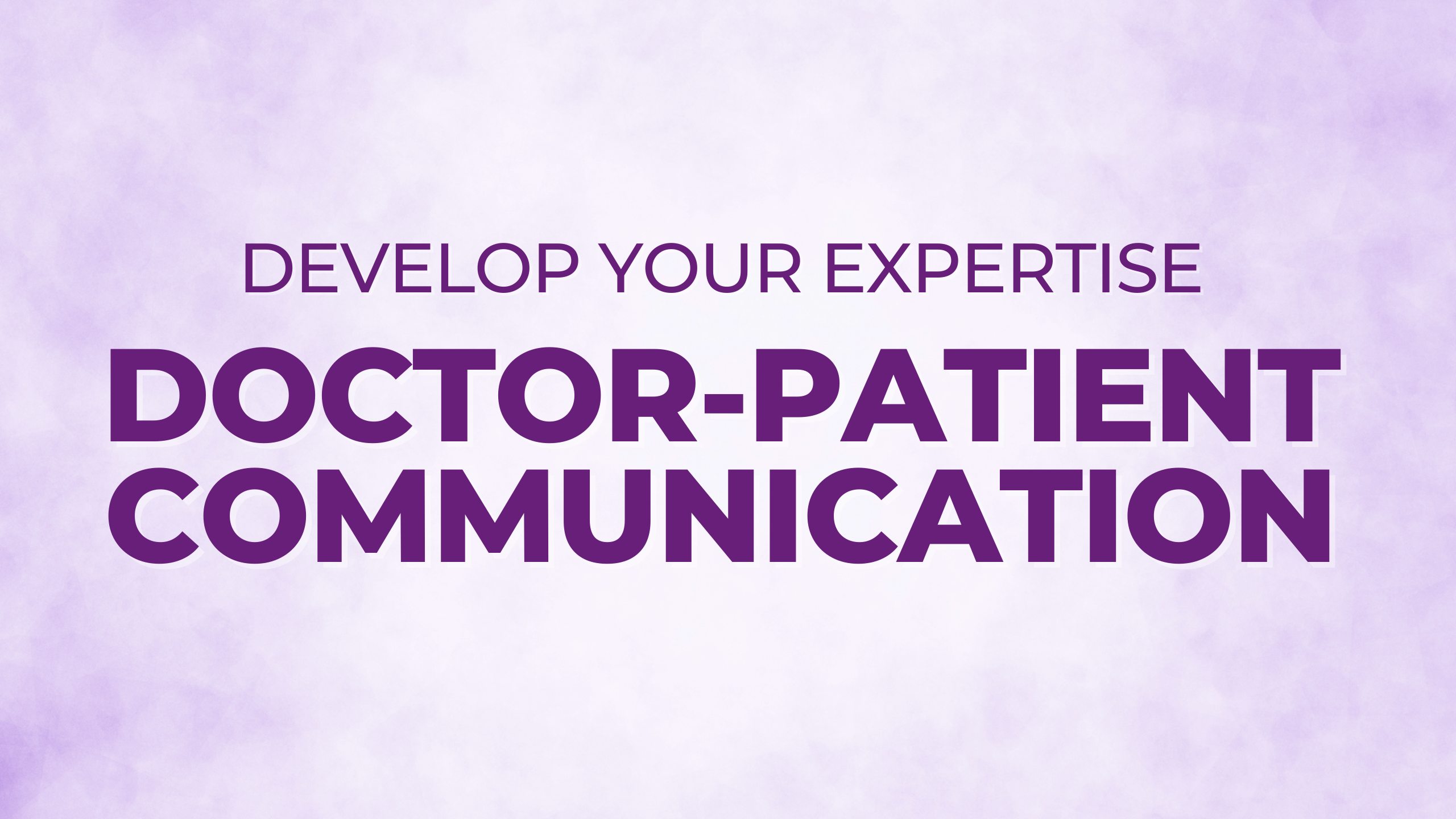
In honor of National Nurses week starting today we want to highlight an essential, but sometimes strained part of healthcare, the doctor nurse relationship. According to a survey conducted by the American College of Healthcare Executives (ACHE), 98% of the doctors and nurses they spoke with said they had witnessed behavioral issues between doctors and nurses within the last year. The survey concluded that:
“[A] fundamental lack of respect between doctors and nurses is a problem that affects every aspect of their jobs. Staff morale, patient safety and public perception of the industry all suffer as a result.”
Another survey of 1,289 healthcare workers found 66% responded that doctor nurse relations at their workplace were a mix of collaboration and conflict but were overall ok. 31% of respondents stated there were too many unprofessional clashes between nurses and doctors in their workplace and relations were poor. Only 3% of those surveyed thought that doctor nurse relationships were strong and had a climate of mutual respect.
Keeping positive doctor nurse relationships in your workplace is not easy. Healthcare workplaces have extra stress created by high workloads, long hours, and burnout that can easily push co-workers to argue, act defensively, and place blame.
Not only do both doctors and nurses have a responsibility to work on improving this relationship and create a positive working atmosphere, but it’s in everyone’s best interest! A workplace with a strong culture of respect and teamwork means decreased stress levels, lighter workloads, higher employee retention, and better patient outcomes. Here’s what you can do to help.
Communicate, Communicate, Communicate
 The doctor nurse relationship is improved with better communication.
The doctor nurse relationship is improved with better communication.
You’ve heard this one before because it’s the first step to improving any relationship, and the doctor nurse relationship is no exception. If you want to improve your relationship with the nurses you work with you need to make an effort to communicate with them in a way that fosters mutual respect. Here’s a trick to get started that may seem obvious: use their name when talking to them. And if you don’t know their name, ask it! It’s simple but it starts to help them feel that you respect and value them as a part of your healthcare team.
When you need to get information to the nursing team try swinging by the nurses station and talk with them instead of just writing orders. This allows an opportunity for you to clarify specifics, ensure there are no misunderstandings, and help create a teamwork atmosphere.
There is a power imbalance between doctors and nurses that can cause a lot of conflict. Be mindful of this, consider it from their perspective, and make an effort to communicate in a way that helps your nursing staff like they are respected and valued parts of the team.
Get a Better Understanding of What Nurses Do
.png?width=600&name=doctor%20nurse%20relationship%20(1).png) Learn about what nurses do to improve your relationship.
Learn about what nurses do to improve your relationship.
Taking the time to better understand what your nurses do will not only improve doctor nurse relationships in your practice but also help you become a more well-rounded physician. Many doctors underestimate the clinical training that nurses go through and experience they’ve picked up on the job over the years. They have a lot of valuable insight on patient care from a perspective that you maybe haven’t thought about before. Take the time to ask a nurse you are working with about their thoughts on the patient care plan or how the patient is reacting to your plan.
Nurses tend to spend a lot more time with the patients than you do, keep that in mind. The patient may feel more comfortable with them, and if you have open communication with the nurse they will fill you in and do what they can do to help you.
Involve Nurses In Your Healthcare Team
 Working as a team improves patient outcomes.
Working as a team improves patient outcomes.
Working as a team in your office or hospital will lead to a better work environment, less malpractice and better patient outcomes. A study published in the American Journal of Obstetrics and Gynecology followed a department’s efforts to put a dent in adverse patient reactions. Physicians and nurses were trained how to improve communication and resolve conflict, a nurse-led safety committee was implemented, and a culture was established that allowed nurses and physicians alike to challenge and discuss patient care decisions. This new way of working together as a team far exceeded the hospital’s expectations and led to a significant decrease in the number of adverse patient outcomes and malpractice lawsuits, cutting their liability payments by 95%.
Try moving your workplace in this direction by including nurses in patient rounds, creating a culture of inclusion, and fostering a friendly atmosphere where nurses and physicians alike can respectfully question decisions. Remember, personal pride comes after patient care.
Want to stay up to date on more ways to improve your practice? Join our community of 30,000+ physicians who get regular study tips, board prep advice, and get special offers on MedStudy tools.


